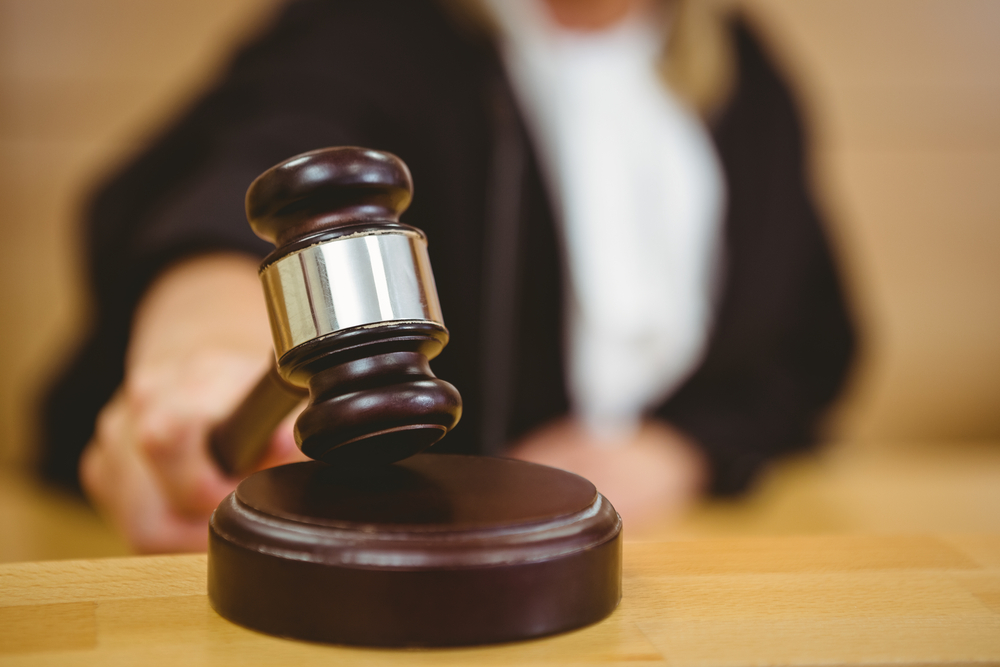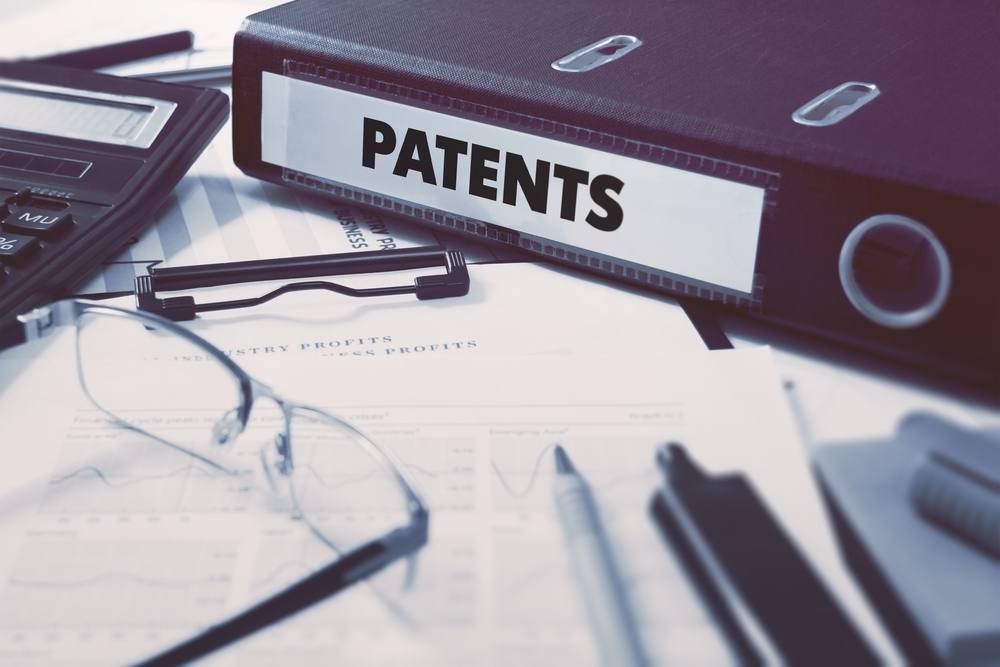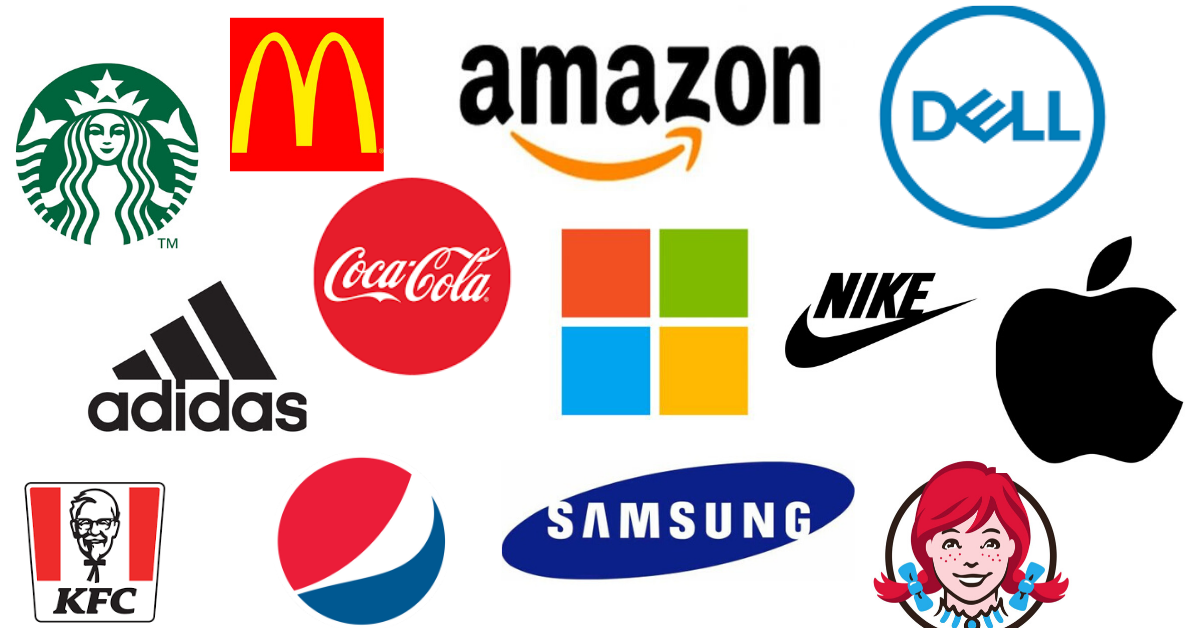Posted by Punk POS ● May 7, 2020 10:37:35 AM
Trademark, Patent, and Copyright: Everything You Need To Know
If you’ve just started a business, invented the next best thing, or written a novel, it’s easy to get wrapped up in the excitement of your creation. You’re probably more focused on using or furthering your creation and less focused on protecting it from others. Unfortunately, there are plenty of individuals who are interested in stealing your creation for monetary gain.

It’s easy to get confused by the various options to protect your creation in the U.S., but thankfully, with a little research, you can adequately protect your work from theft. The United States Patent and Trademark Office (USPTO) and the U.S. Copyright Office are both designed to help business owners, inventors, and creators protect their work from others.
Depending on what you created, you have the option to trademark, patent, or copyright your work.
Trademark

A trademark is an identifier, not a product or an original work. According to the USPTO, a trademark is a “word, phrase, symbol, and/or design that identifies and distinguishes the source of the goods of one party from those of others.” Sometimes confused with trademark, a service mark is a “word, phrase, symbol, and/or design that identifies and distinguishes the source of a service rather than goods.” Most people use the term “trademark” to mean both trademarks and service marks.
Examples of trademarks include brand names, slogans, and logos and dissimilar from patents and copyrights, trademarks do not have a set expiration date. Trademarks come from “use,” which means that theoretically, a trademark can last forever as long as you continually use the mark in commerce for goods and services.
You have the choice to file a trademark registration, which can also last forever if you file the correct documents and pay registration fees at regular intervals. Registration is not mandatory because you have the option to establish common law rights to the mark by using it in commerce. However, registration comes with advantages like letting others know that you have ownership of the mark and the exclusive right to use the mark with specific goods or services that you label during registration.
Like copyrights, you have a greater legal claim on the mark if you use a specialized symbol near the brand name, logo, or slogan. For example, if you own a small soap making business and you registered the name with the USPTO, you would put a ® symbol next to the brand name everywhere you write it.
If your soap making business has a unique slogan that you wrote, but you did not register the slogan with the USPTO, you would put TM next to the slogan every time you write it. If your business isn’t soap making, but is instead a service that you render and you did not register the slogan or brand name, you would put SM next to the words.
None of these marks are required, but including them in your brand name, logo, and slogan can help you win in court if someone else makes a legal claim on your trademark.
Patent

The USPTO writes that a patent is a “limited duration property right relating to an invention, granted by the United States Patent and Trademark Office in exchange for public disclosure of the invention.” You can patent products, including “machines, manufactured articles, industrial processes, and chemical compositions.”
After you file for and are granted a patent for your invention, you are protected from theft for two possible periods. Design patents are protected for 15 years if you filed on or after May 13, 2015, or 14 years if you filed before May 13, 2015. If you have a utility or plant patent, you are protected for 20 years from the date you filed the application in the U.S. or, rarely, the date you filed an earlier, related application. Some patents can also be extended or adjusted if they fall under specific categories or situations.
Copyright

According to the USPTO, copyright covers “original works of authorship including literary, dramatic, musical, and artistic works.” The artistic works can include poems, novels, movies, songs, software, and architecture.
Copyright protection can last for different times, depending on who created the work, how long they are alive. For example, if you wrote a novel and put your name on it, your copyright extends through your lifetime plus an additional 70 years after you pass. However, if you write the same novel and publish it anonymously, pseudonymously, or for hire, your copyright protection is limited to either 95 years from the date of publication or 120 years from the date you wrote it, whichever is shorter.
You do not need to apply for copyright protection. As soon as you create an original work, you own the copyright for the applicable time listed above. However, if you mark your work with the copyright symbol © and the date range for which you have owned it, your copyright protection has a better chance of standing up in court should someone try to claim your work as their own.
For example, if you’re a blog writer and have a wildly successful website that you started in 2012, someone might try to steal your work and make a legal claim to it. You’re protected under copyright laws, but you’ll have an easier time winning your case in court if you put ©2012 on your website pages.
Copyrights are not handled by the USPTO, but are instead serviced by the U.S. Copyright Office.
Conclusion
Regardless of what you created, you can take steps to protect your creation and yourself from legal action. Idea theft is an all-to-real occurrence in today’s world, which is why the USPTO and U.S. Copyright Office was built to help protect ideas and creations.
You can take advantage of a trademark, patent, or copyright to keep your work safe from theft or copying for various lengths of time.

Topics: trademark, patent, intellectual property, copyright, copyright infringement
